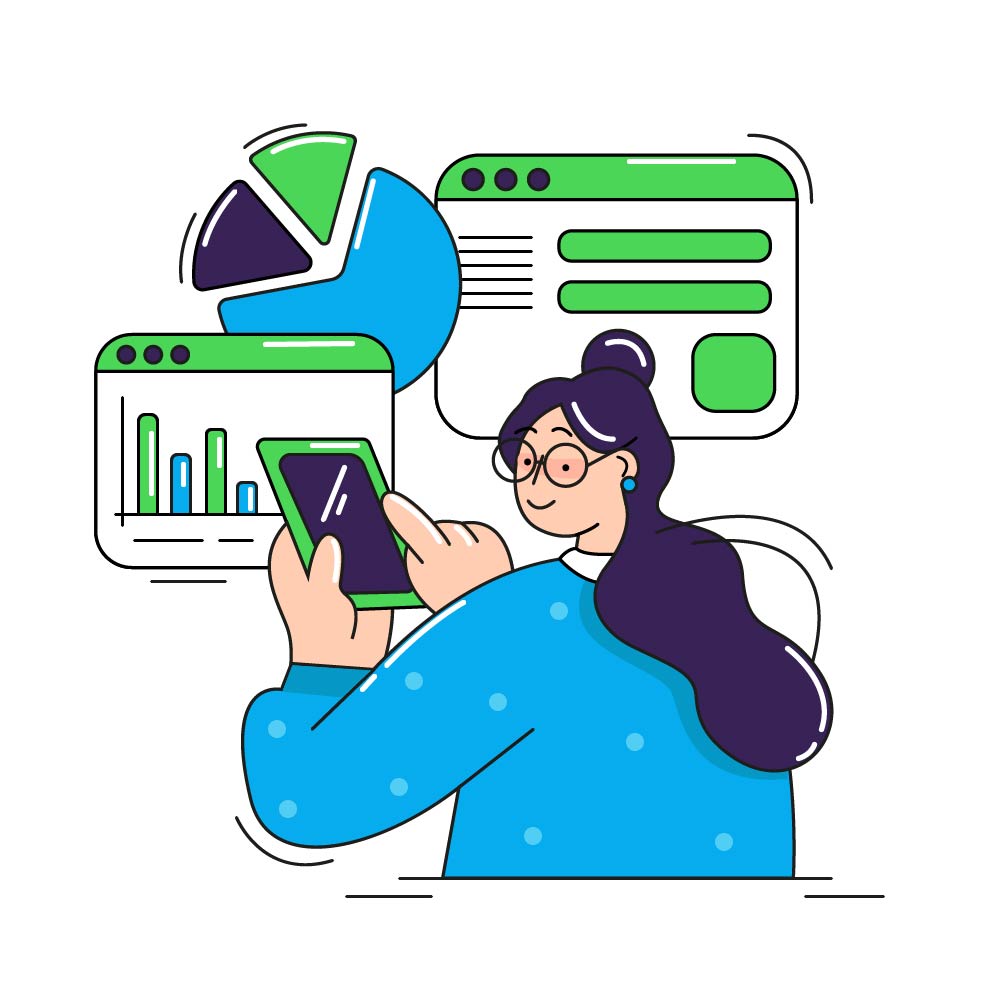What is a Sales Funnel?

Definition of a Sales Funnel
A sales funnel is a process that companies use to guide potential customers from the initial point of awareness to the final point of purchase. It represents the journey that a customer takes, with each stage narrowing down the number of leads until only those most likely to purchase remain. The term "funnel" is used because the process typically begins with a wide audience and gradually narrows down to a smaller group of buyers.
In sales funnel marketing, businesses create a funnel for sales that maps out how a potential customer progresses through different stages, from awareness to action. This is known as funneling business, where different sales techniques are applied to move leads down through the stages of the funnel.
Try Chatim: The Ultimate Live Chat Solution for Your Business
Integrating Chatim with your website provides fast and reliable live chat, chatbot, and helpdesk solutions for superior customer support. Chatim's intuitive design and advanced features, including chatbot templates and a comprehensive help desk, ensure you deliver efficient and automated customer service tailored to your business needs.
Learn more about ChatimStages of the Sales Funnel
The stages of the sales funnel are typically broken down into four key phases, though this can vary depending on the business model:
- Awareness: At this stage, potential customers are made aware of the product or service. Marketing efforts aim to reach as many people as possible to enter them into the funnel.
- Interest: Once awareness is established, the prospect starts showing interest. Businesses nurture this interest by providing more information and building a relationship.
- Decision: This is where the prospect evaluates whether the product or service meets their needs. Comparisons with competitors and consultations may occur here.
- Action: At this point, the prospect makes a purchase, converting from a lead into a customer.
Importance of a Sales Funnel in Business
A well-structured business funnel plays a crucial role in optimizing the sales process. It helps businesses identify at which stage potential customers drop off, allowing them to adjust their marketing and sales efforts. Additionally, by using a funnel sales strategy, businesses can focus on nurturing the most promising leads and converting them into loyal customers. Funnel management also allows companies to forecast sales and allocate resources more effectively.
Creating a Sales Funnel: Step by Step
Wondering, “How do I create a sales funnel?” Here's a step-by-step guide to building a successful sales funnel:
- Identify Your Target Audience: Understand who your ideal customers are and how they interact with your products or services.
- Create Awareness: Use marketing techniques such as content marketing, social media, and ads to attract leads.
- Nurture Interest: Provide valuable content and follow-ups to keep potential customers engaged.
- Drive Decision Making: Offer promotions, case studies, and comparisons to help the prospect make a decision.
- Encourage Action: Use clear calls to action (CTAs) and an easy purchase process to close the sale.
Sales Funnel vs Marketing Funnel
Though they are closely related, the sales funnel and the marketing funnel serve slightly different purposes. A marketing funnel focuses on generating leads and building awareness, while the sales funnel focuses on turning those leads into paying customers. Both work together to ensure a smooth customer journey, which is why businesses often talk about an integrated marketing and sales funnel.
In conclusion, the sales funnel is an essential component of any business's growth strategy. Understanding the stages of the sales funnel and effectively managing it can lead to higher conversion rates, better customer retention, and more efficient sales processes. By creating and refining your sales funnel, you can significantly enhance your company's sales performance and customer satisfaction.